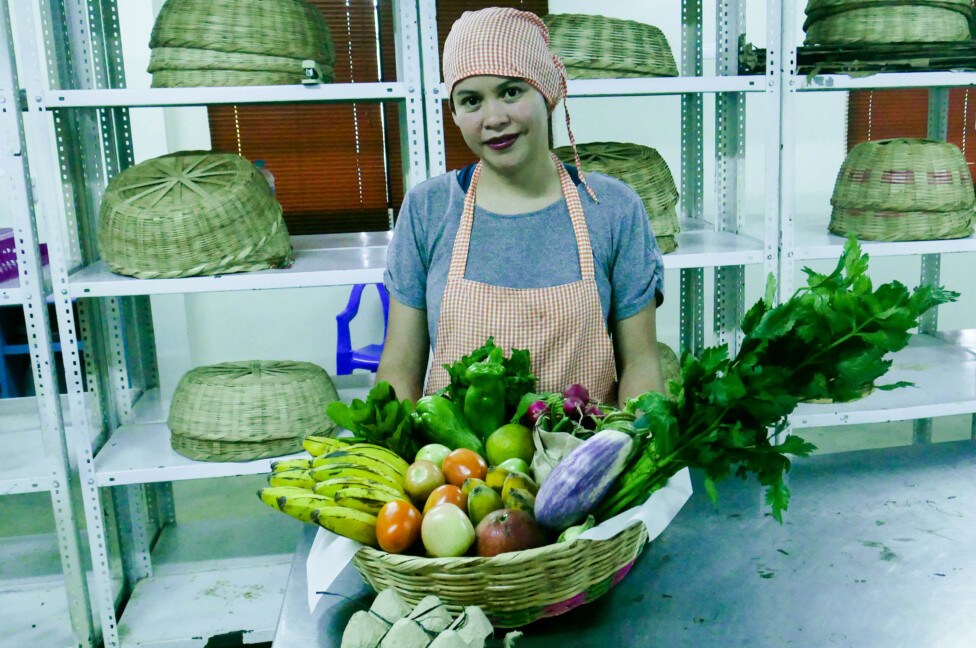
HAVANA TIMES – On a 19-hectare (47 acres) property, a collective of men and women is striving to bring their dreams to reality through an ecological farm where they produce organic fruits and vegetables, harvest rainwater, and take advantage of solar energy. It’s also a site where women can empower themselves and plant crops to generate independent income.
“We emphasize agroecology – producing healthy food, using the resources provided by nature. In that way, we raise awareness in the communities about the effects of climate change,” explained Kasandra Portillo, president of the La Canasta Campesina cooperative, in an interview with IPS.
The property, called Ecofinca, is the nerve center of the cooperative, an agricultural effort that began in 2009 as a group of women growing organic produce in their small home gardens. In 2014, they formally organized into the current cooperative which today comprises 47 people, 37 of them women.
The farm, acquired in 2020 with funds donated by the French Peoples’ Relief, is located in the vicinity of Comasagua, in the department of La Libertad in central El Salvador.
A new house has recently been constructed in the farm’s central area, with space for the office, a kitchen, and a cold storage room, among others. Solar panels have been mounted on the roof, and the house has a system for rainwater collection. The lampposts lining one of the paths to the farm are also fed by solar energy, each one topped by a small solar panel.

It all began as women’s home gardens
Kasandra Portillo explained that the current project has been launched with the support of French and Spanish assistance. This aid allowed the acquisition of materials and constructions tied to agroecological production, such as the greenhouses, the drip irrigation system, and the purchase of drums for rainwater collection.
There are now some men participating in this embryonic phase of the cooperative. However, prior to the formal organization of a cooperative and the purchase of the farm, it was an initiative entirely made up of women who were cultivating home gardens.
The men, who were accustomed to working as day laborers on the coffee plantations or harvesting corn and beans on their small plots, didn’t see any future in a collective effort to harvest vegetables, even though there was a market for them. El Salvador doesn’t produce enough of these products and has to import them from neighboring countries such as Guatemala.
Still, not only did the men refuse to participate in the initiative, but also, given the culture of machismo, didn’t want to let their wives attend the training workshops. “The project’s technical team had to explain to the husbands or partners what it was all about; otherwise, they wouldn’t let the women participate,” recalled Kasandra Portillo, who at 27 is expecting a baby in June.
Because of the men’s reluctance, the project focuses its efforts on the women. The trainings center on topics such as leadership, teamwork,


